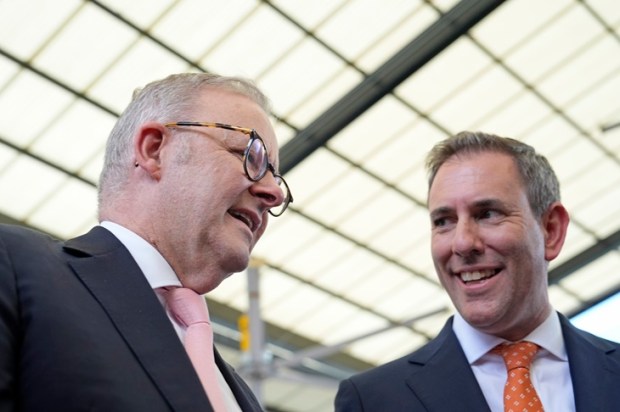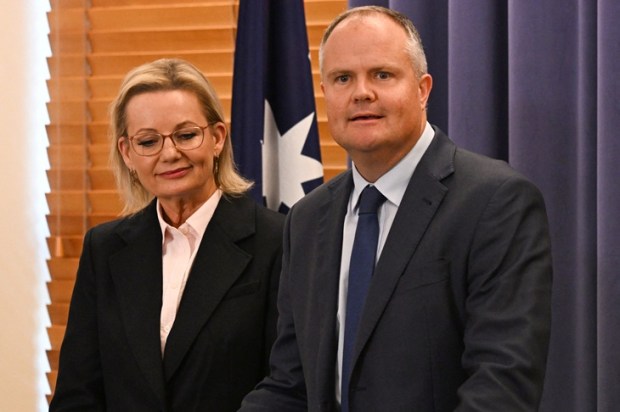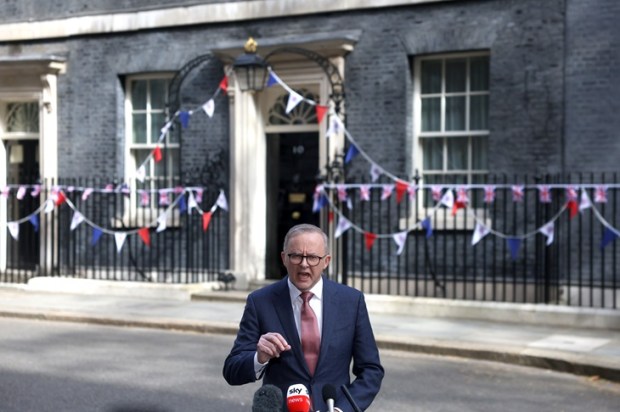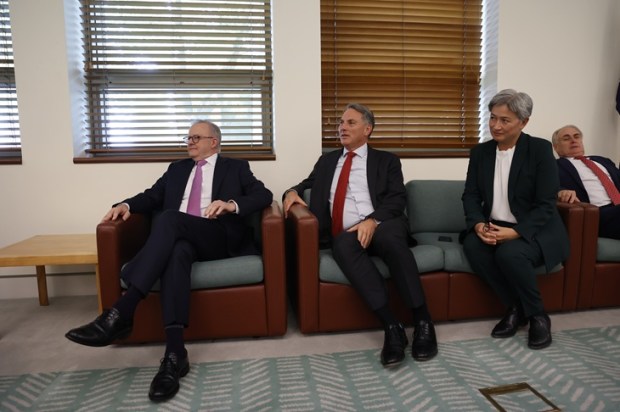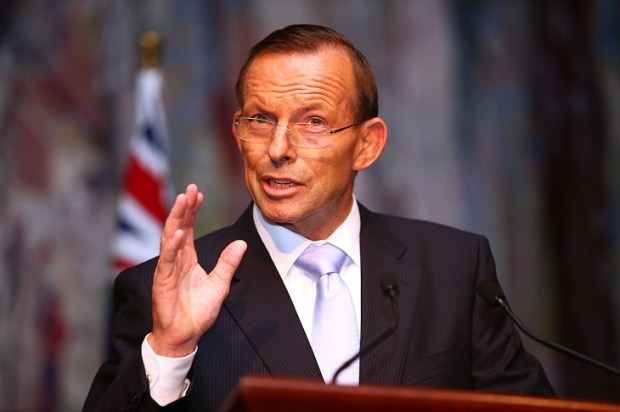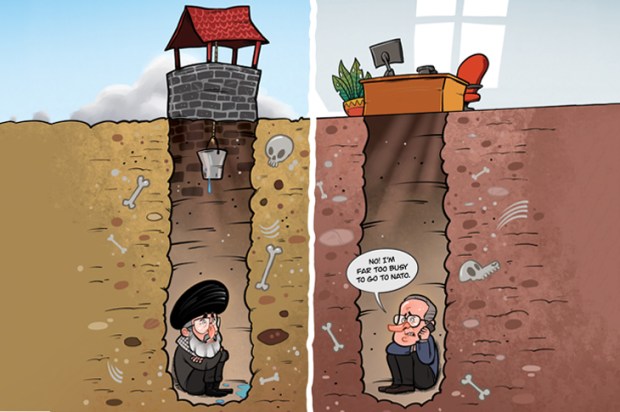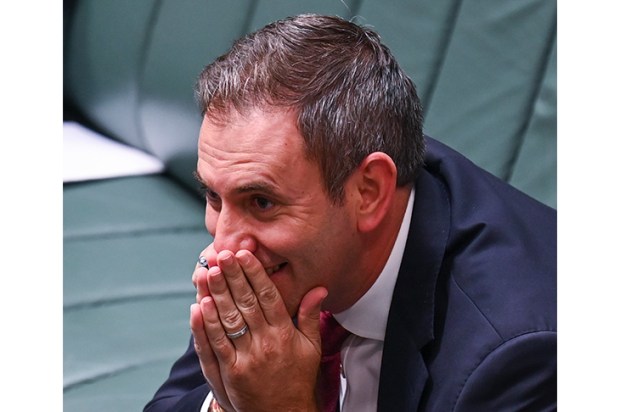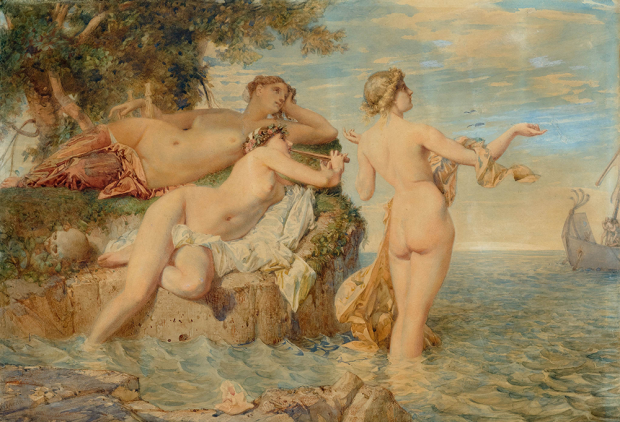The 2025 election was the River of Gold election – a bewildering sequence of announcements of new government benefits by both sides of politics, from university fees to universal childcare, to Medicare. Australia’s new Welfarism rose like a phoenix from the fire.
Now, the re-elected Albanese government has announced an August Productivity Roundtable at which taxation may be reformed, a reduction in red and green tape proposed, and incentives for business investment tabled.
There was no choice. Productivity growth is 0.9 per cent and falling averaged over 20 years. This will lead to lower wages and welfare pensions, or alternatively, inflation and Weimar Republic finances. Budget deficits are promised for the next decade, with the NDIS manifesting as an unsustainable entity. Given the state of the world, we must also spend more on defence.
Will anything useful come from the Roundtable of invited business and trade union representatives and others?
The Productivity Commission will provide another report on increasing productivity; participants in the Roundtable will provide recommendations.
The government will then choose to accept suggestions or not and will indelibly define itself for the next election.
National goals such as ‘environmental sustainability’ will still be vigorously debated by our Parliaments into the indefinite future. The priority is always said to be ‘sustainability’ … which is definitely not the same as ‘lower power prices’ to help improve living standards.
There are new ‘nature positive’ laws under debate by Parliament to protect the environment and other heritage and provide for mining approvals, but they are not ‘economic development’ positive laws by description, which again suggests where the national emphasis is.
These social goals were embedded in society in the 1980s onwards along with engagement with both Asia and with Aboriginal people – goals which are supported by an army of social movements, including what amounts to an influential Vandalising Statues Party. The emotionalism, exaggeration, and hostility to Australia and the West they bring with them make sensible public debate extremely difficult. ‘Debate’ is being shouted at.
The Ministry of Truth rewrites history to fit the current party line in George Orwell’s novel 1984. It is a governmental system of torture, horror, and despotism.
By contrast all Australians have a remarkable range of freedoms common to first world nations.
We are not wholly leading ourselves into Orwell’s GroupThink, Unthink, and universal lies, apart from undermining free speech in our exaggeration and emotionalism, a few lies, and a habitual negative retelling of our remarkably successful history.
However, the university sector followed the path that US elite universities did. Harvard said in its April 2025 antisemitism review:
‘One Jewish graduate student who had been at Harvard as an undergraduate years before told us that, “Jews are now being treated like Republicans were when I was in college,” which of course points to another problem with which elite universities have been struggling.’
Elite universities have great influence across the US and in Australia as well. This is their own assessment of their performance.
Such a deliberate and systematic narrowing of policy debate accompanied by permitted harassment or worse of a segment of the students and staff would damage the democracy of any country. How did anyone let it get to this?
Universities should instead teach students that Western society is democratic and decent and the only hope for the living standards of ordinary people. Where do people imagine that our enviable wages and welfare, and peace and stability came from? The hard work of settlers and migrants developed them with the coming of British liberties to the Australian continent.
At a national humanities conference I attended as sustainability, engagement with Aboriginal people and Asia were imposed on the education system as priorities we were told that fear of Asia had haunted the Australian colonies in the 19th Century. And that we were also always deeply antagonistic to Aboriginal people.
This is despite history showing that Australia gave Chinese and Aboriginal people the vote during the 1850s through open Parliamentary debate. The precedent from Canada was ‘excluding Indians’.
It was not fear of Asia but of Russia invading during the Crimean war in 1853 that led our colonies to set up small Dad’s army militias. At the Imperial conference in 1887, Alfred Deakin complained about new German and French colonies in the Pacific, not Asia. Military fear of Asia came with Japan’s naval defeat of Russia in 1905. Much more could be said.
Australia also has to become business orientated, not obsessed with welfarism and unachievable social goals. Civilised societies address the needs of the poor and those left behind, but the new Welfarism means we are unable to cut back NDIS entitlements which have blown the budget into the indefinite future.
Perhaps we could call every government Bill ‘Economic Development Bill No.1, 2, 3’ and so on. This will require a government whatever its complexion to explain how the Bill helps our national economy, however wretched the explanation.
Second, the Medicare Card, the talisman held up by our political leaders during election addresses, should have etched on its back:
‘Brought to you by the income taxpayers of Australia, including the poor, and taxes from small businesses, large miners and developers.’
Income tax is currently half and rising of federal government revenue, or 39 per cent of total government revenue.
This will remind those enjoying government pensions of the hard work of others that paid for it in income tax. And of the limits of government benefits. It will be the equivalent of the health warnings on cigarette packets, a health warning for the mind.
Third, every government welfare letter should have attached to it an explanation that this pension is brought to you by Australian pastoralists, who ran sheep and cattle on our vast land and turned Australia into a harvest, and other explanations. How Australian history is vastly beneficial to ordinary people.
Reg Hamilton, Adjunct Professor, School of Business and Law, Central Queensland University


